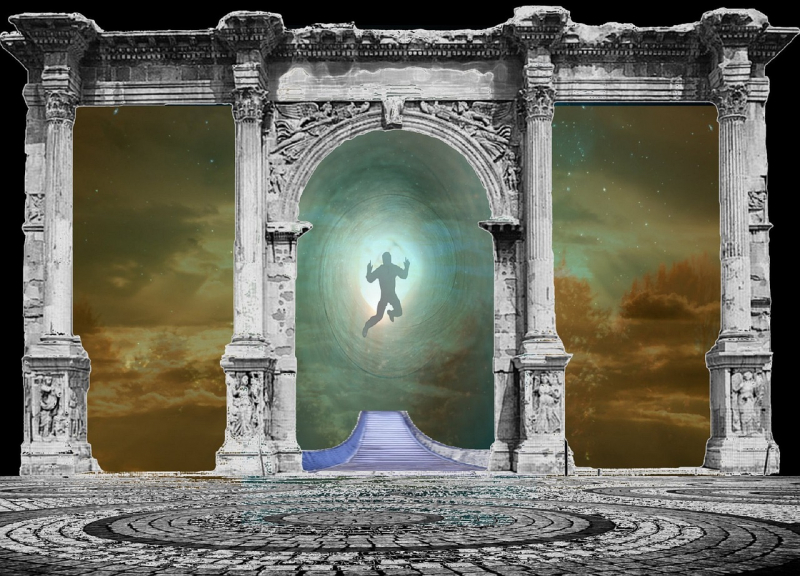Spiritists believe in one God, soul and reincarnation
Spiritism adherents believe in reincarnation, a supreme creator God, and an immortal spirit or soul. They also believe that events in the physical world are related to and influenced by events in the spiritual world.
Allan Kardec wrote five major works that outlined Spiritism's philosophies and doctrines. The Spirits's Book (1857), The Mediums's Book (1861), The Gospel According to Spiritism (1864), Heaven and Hell (1865), and The Genesis (1868) were the titles of these books.
The Spirits's Book, among these, was regarded as the foundational text that established Spiritism as a religion. According to The Spirits's Book, some of the major principles of Spiritism are:
- There is only one supreme God who is infinite, eternal, and good, and who does not have a physical form.
- Everything, including the corporeal and spiritual worlds, was created by God.
- The spiritual world is imperceptible and eternal, whereas the corporeal world is visible and transient.
- Humans are the temporary physical manifestations of eternal spirits.
- The soul is the immortal spirit, while the mortal body only carries the soul.
- Every human being is made up of a physical body, an immaterial spirit, and a perispirit that connects the two.
- A hierarchy of spirits exists, with behaviors ranging from petty and animalistic to moral and divine.
- When a spirit leaves a deceased body, it briefly returns to the spirit world before being reincarnated so that it can mature and evolve to a higher order over time.








